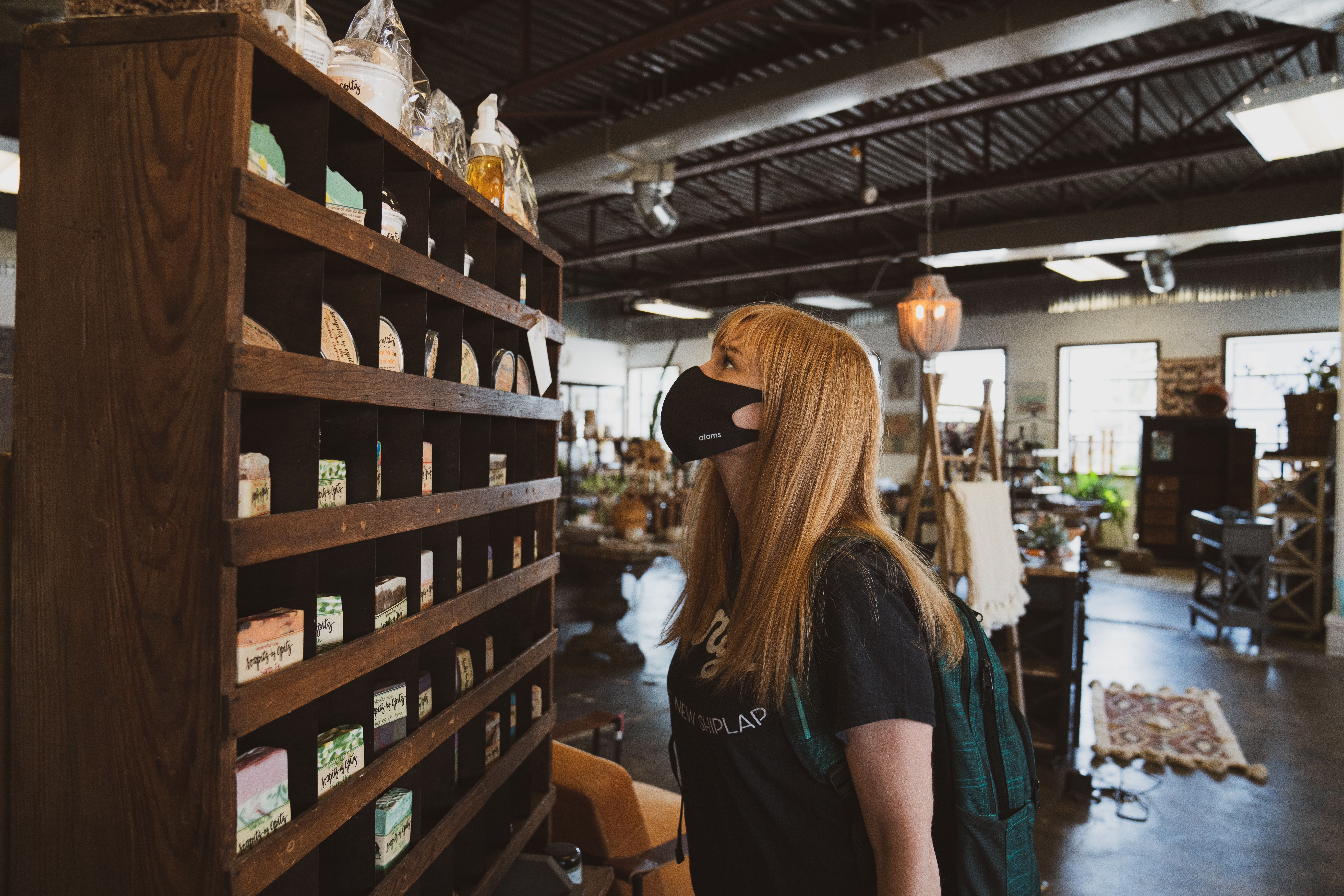by Janet Ervin
In 2018, the Edelman Brand Report documented a trend that is rapidly becoming one of the most important brand engagement factors across the globe – the rise of the ‘belief-driven’ buyer. More than 64% of consumers now make buying decisions based on a company’s values and social stands. This is true for every age, gender and racial category, and the number has increased every year.
As we outlined in our recently published Social Good Report: Profit & Purpose, this is a big challenge for Charlotte-based businesses. It sounds simple on the surface, but like a lot of brand trends, it can be hard to ‘get right.’ Consumers are savvier than ever and are quick to sniff out inauthentic statements and commitments. So how can companies make sincere statements while working in real time to live those values out within their businesses?
We’re seeing some of this tension play out this month as many brands celebrate and work to engage consumers through Pride Month. A quick scroll through my LinkedIn account last week showed a literal rainbow of corporate logos. National and local brands alike are working to engage customers through Pride-themed displays, products and partnerships.
The engagement of Pride is certainly something to celebrate as progress – but as some LGBTQ leaders have noted, product without meaningful action makes some of these gestures feel hollow at best. Rainbow-themed sales campaigns can backfire if the company isn’t actively prioritizing equity among its employees or has problematic business practices.
Leveraging ‘cause’ in your brand engagement can do more harm than good when it doesn’t feel genuine. Remember Pepsi’s widely-panned Kendall Jenner ad? It’s not enough for brands to simply make a statement. Belief-driven buyers want to engage with brands that are genuinely connected to the causes they support.
How can businesses authentically engage these belief-driven buyers? We think that part of the answer lies in strong partnerships with nonprofits. When businesses form genuine partnerships with nonprofit experts, they gain representation along with deep expertise across a range of issues. Organizations that have long championed social good issues lend authenticity to a campaign and demonstrates a company’s commitment to genuinely engaging an issue.
These partnerships aren’t the fastest way forward. They require genuine engagement on both sides and intentional relationship building. But the reward for nonprofits and businesses who work together on brand engagement is long-lasting brand loyalty.
Next Stage knows you have questions and we’re here to help. Through our Social Impact for Business service line, we are working with companies to design compelling social good strategies that lead to impact in employee recruitment, retention and satisfaction. Got a specific challenge you’re wrestling with? Or a compelling workplace asset you want more people to know about? “Yes, we have a nonprofit for that.”
Reach out to us to learn more: info@nextstage-consulting.com
